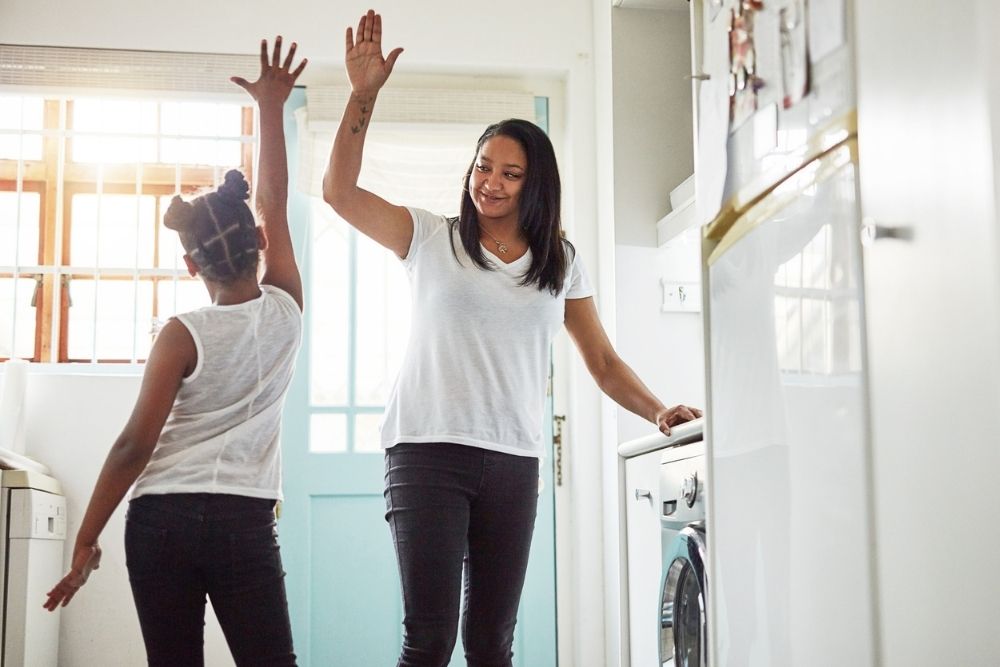When anxiety or depression settles in, even the simplest decisions—like checking your email or choosing what to wear—can feel like too much. Tasks that once came naturally now feel distant, draining, or out of reach. This experience is common for those facing mental health challenges, but it doesn’t mean you’re broken.
The truth is, healing often starts much smaller than people realize. Tiny victories—like brushing your teeth, stepping outside, or drinking water—can be surprisingly powerful. These “small wins” help calm your nervous system, boost confidence, and rebuild your sense of control.
At Eagle View Behavioral Health, we’ve seen firsthand how these little actions create momentum. When repeated regularly, small wins shift the way your brain responds to stress, anxiety, and depression. They don’t just help you get through the day—they help you start to feel like yourself again.
Why Small Wins Matter
Small wins create emotional traction. Every time you complete a simple task, your brain receives a dopamine boost that activates the reward system responsible for motivation and mood regulation. (Want to learn more about how this works? James Clear’s Atomic Habits can offer insight.)
Small wins are especially important if you’re dealing with depression or anxiety, which can dull the brain’s reward system and make it hard to feel a sense of accomplishment. Even better? These wins build on one another. One step becomes two. One day becomes a week. And slowly, you start to feel more like your old self.
Small Wins to Try Today
Below are practical, low-pressure ways to experience a sense of progress when life feels heavy. Each section is designed to support a different aspect of your well-being: body, mind, environment, and connection. This is because your mental health is influenced by your whole life, not just what’s happening in your head.
For Your Body
When anxiety is high, your body may feel like it’s buzzing, frozen, or completely shut down. Small physical actions can help anchor you. These are gentle signals to your nervous system that you are safe and present.
- Drink a full glass of water. Hydration improves brain function and can reduce headaches, fatigue, and irritability.
- Take five deep belly breaths. Breathe in for 4 seconds, hold for 4, and exhale for 6. This activates your calming parasympathetic system.
- Step outside for 60 seconds. Sunlight, even on cloudy days, helps regulate mood through vitamin D and natural rhythm cues.
- Stretch your arms and shoulders. Loosen tension where anxiety often lives in the body.
- Put on clean clothes, even if you’re staying home. This small shift can bring a surprising lift in energy and self-respect.
- Do one minute of movement. March in place, swing your arms, or pace your room. Movement helps burn off nervous energy.
For Your Mind
An anxious mind spins. A depressed mind stalls. Mental small wins focus on reducing noise, replacing self-criticism, and building moments of stillness. The science of mental recovery shows that this type of rest is crucial for your long-term wellbeing.
- Write down one thought that’s bothering you. Journaling creates distance between you and your worry.
- Challenge a negative thought. For example, you could try replacing “I’m falling apart” with “I’m doing the best I can today.”
- Name one thing you’re proud of from the past week. Evidence of effort counts, even if the outcome wasn’t perfect.
- Listen to a calming playlist. Music can quiet racing thoughts and regulate your emotions through rhythm and repetition.
- Set a timer and focus on one thing for 10 minutes. Completing even part of a task helps build mental momentum.
- Say one kind thing to yourself. Speak aloud or write it down. “I’m worthy of care, even on hard days.”
For Your Environment
When your external world is chaotic, your inner world tends to follow. Cleaning your entire house isn’t necessary, but making even a single corner more peaceful can make a big difference in how you feel.
- Make your bed or straighten your blanket. This anchors your day with a sense of order and intention.
- Throw out trash or recyclables. Releasing clutter helps reset your energy.
- Place one comforting item in your space. A favorite photo, a cozy blanket, or a scented lotion can create a sensory cue of safety.
- Clear one surface. Choose a nightstand, coffee table, or kitchen counter. Progress in one area often inspires more.
For Connection
Anxiety and depression can convince you to isolate. But small social actions help break that spell by reminding you that you’re not alone and that even brief contact matters.
- Send a “thinking of you” text. No long conversation needed. A simple message starts a connection.
- Leave a kind comment on a social media post. Being kind to someone else boosts your own mood, too. It’s also better for your mental health than endless doomscrolling.
- Say something kind to a cashier, coworker, or stranger. These quick exchanges build a sense of shared humanity.
- Smile at someone or wave. Tiny social gestures help reconnect you to the world.
- Journal about someone you feel safe with. If you’re not up to reaching out right away, just reminding yourself of support counts.
You Don’t Have to Go It Alone
Small wins are powerful, but they’re just one piece of your healing. If anxiety or depression is keeping you from functioning the way you want to, we’re here to help.
Eagle View Behavioral Health in Bettendorf, Iowa, offers care that meets you where you are, whether you’re looking for therapy, medication support, or a safe place to stabilize during a crisis. Our team provides free, confidential assessments and personalized treatment plans so you don’t have to figure everything out alone. Contact us today to get started.






